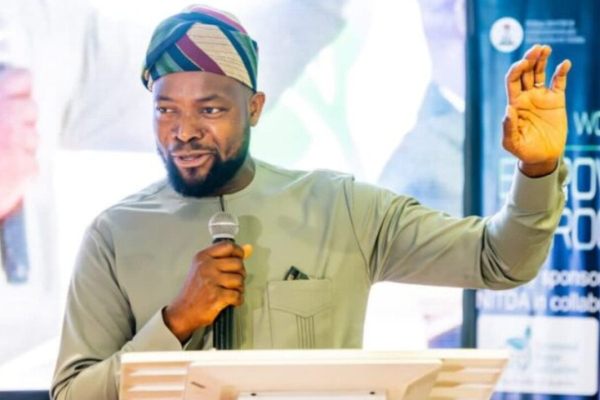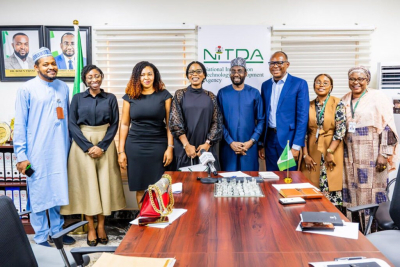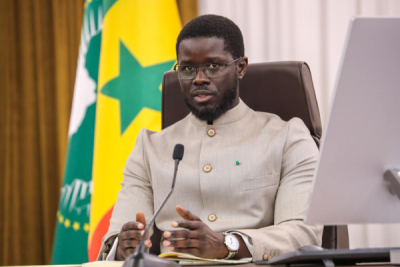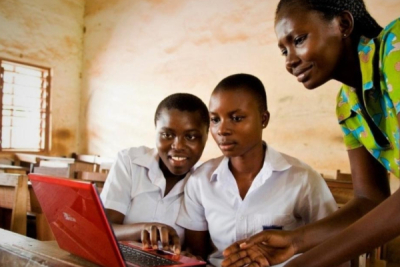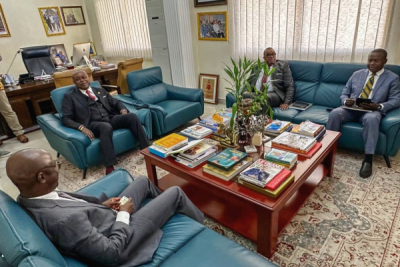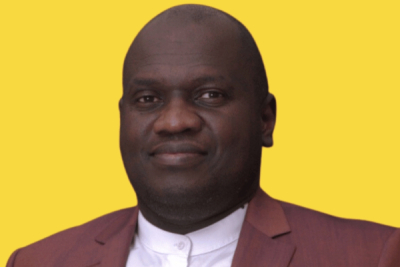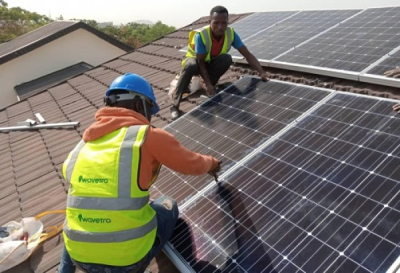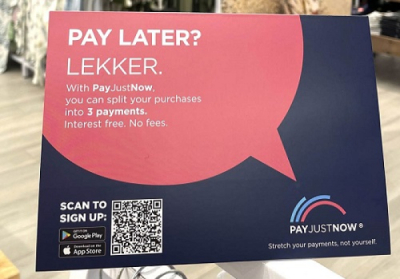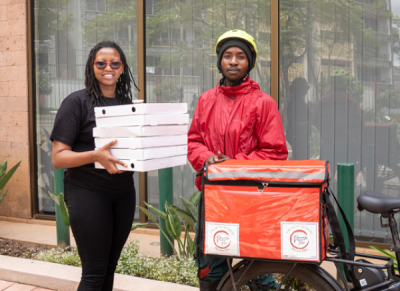Despite progress, nearly half of Nigeria's population remains offline, underscoring the country's persistent digital divide. This gap is largely attributed to the lack of internet infrastructure in rural areas. The government is aiming to bridge this divide by launching new initiatives, but challenges remain.
Nigeria's Communications, Innovation, and Digital Economy Minister, Bosun Tijani, announced on Monday the launch of the "Project 774 LG Connectivity" to address limited Internet and digital access by connecting all 774 local government secretariats in the country to the Internet.
The initiative aims to foster inclusive development and access to digital public infrastructure in government offices across Nigeria, including remote areas that may have been previously underserved or unserved. Co-financed by Nigerian Communications Satellite Limited (NIGCOMSAT) and Galaxy Backbone, it is placed under the supervision of the Federal Ministry of Communications, Innovation, and Digital Economy.
The project aligns with President Bola Ahmed Tinubu's "Renewed Hope" program and the Ministry's strategic plan. It will provide local governments with reliable and affordable Internet access, promoting efficient public services and transparency. As the foundation of governance at the local level, local government secretariats will play a more crucial role in shaping the country's socio-economic landscape.
The initiative will also contribute to digital inclusion in the country, creating at least 300 direct jobs as the project is rolled out nationwide, and potentially more indirect jobs through increased digital access.
Samira Njoya


